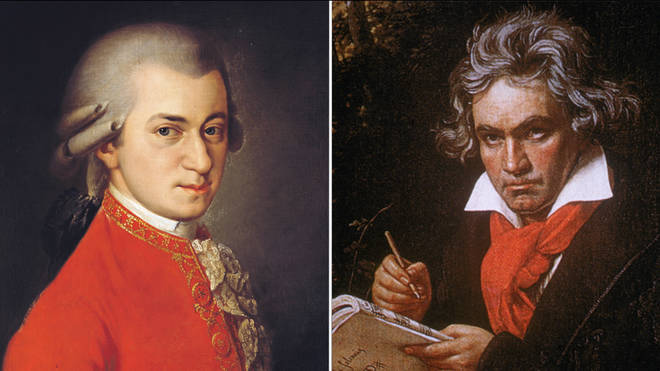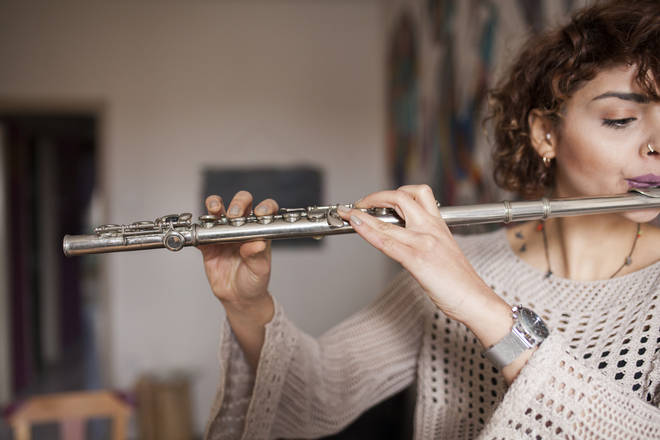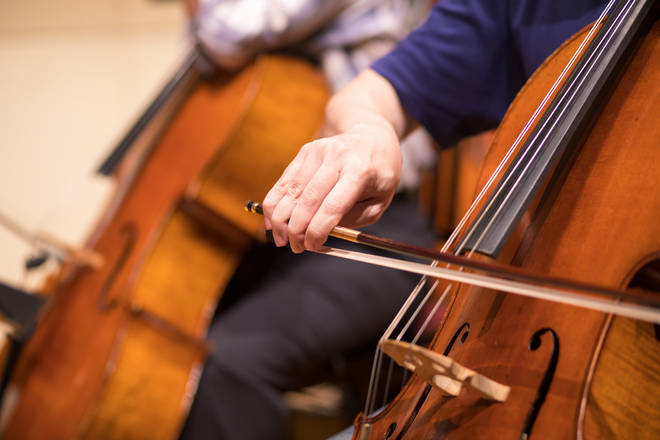... about learning a musical instrument

Thinking of taking up an instrument? Great! But be warned - it's not as easy as you might think...
1. You will not be able to play perfectly immediately
You're better off starting with the basics, one step at a time.
(via
2. Everyone will expect you to be able to play perfectly immediately
No matter how much you protest, everyone you know will assume that just because you've started learning you'll be a prodigy from the start. In the eyes of everyone else, you are one of the Von Trapp children.
...or doing a party-piece on demand, just like this:
3. No matter how young you start, there's always someone more prodigious than you
You really think you're making progress, you're mastering the scales and arpeggios, maybe even a few little Grade 1 pieces under your belt... and then you see something like this:
4. There are lots of rules to learn
Just because Jimmy Page uses a violin bow on a guitar doesn't mean you can too. And don't think you can get away with a bare chest on stage either. See also: .
5. Your practising will sound terrible at first
Everyone wants to sound amazing from the moment they pick up a new instrument, but don't get too excited. Practise is hard. It takes a lot of effort and dedication. Most of the time, especially at the beginning, it sounds bad. It makes Britney Spears do this:
(via reactiongifs.com)
6. Learning the guitar? Maybe the violin? Strings in general?
Your fingertips will never be able to feel anything ever again. Except pain.

(via )
7. Oh, you've taken up the trombone?
What a chance to show your friends just how versatile an instrument the trombone is! It's not all about comedy noises and the theme tune from Jonny Briggs, right? Wrong. All people want from you is this sound:
8. Learning an instrument can alter your appearance
Is that a love-bite on your neck? No, you've started learning the violin.

9. You will suddenly find yourself with extra luggage
Any dreams of cycling home or taking the scenic walking route will be quashed the moment you strap that tuba or double bass to your back. Oh, and if you're of schooling age, you might want to think about preparing some witty answers to the question, "What's THAT?"


10. Eventually you will join an ensemble of some kind, and that's when the fun really starts
"Want to come for a drink tonight?"
"Can't. Rehearsal."
"Want to come for a drink tonight?"
"Can't. Rehearsal."
(via )
11. It's easy to give up
But really, you shouldn't. Harness your sticktoitiveness. Keep going up and down those scales and doing those exercises. Like anything, practise makes perfect, and the joy you give to others with your playing will ultimately make the whole endeavour completely worthwhile.









